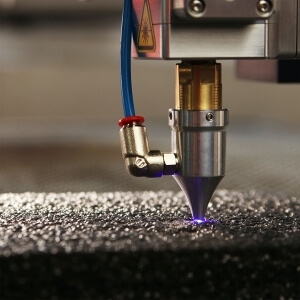
Computer numerical control (CNC) lets a machinist control and complete various machining processes with utmost precision. It also saves a lot of time, effort, and money. Almost every industry relies on CNC machines to manufacture the required parts and components.
The investment in CNC machining itself is massive, hence, it is important to curb additional expenditures. Find out in this blog some of the most common factors that influence the increasing costs of precision machining.
The development stage of a part or a component directly influences the initial costs involved. For instance, a prototype may require multiple passes with different CNC machines before the finalization of the specifications. Meanwhile, an established workpiece with all the specifications available will only require the machinist to feed the codes from previous runs.
Simple designs are much more economical than complex ones. A complex design will require advanced CNC machining processes which can shoot up the price. In simple words, the more complex the design, the longer it takes to manufacture, and the more expensive it gets.
Some workpieces require more machining processes than others for the desired outcome. Thus, just like the complexity of the design, the number of precision machining processes involved affects the overall cost as well.
The type of metal is another factor that affects the costs. The harder the workpiece, the more complex the fabrication process, thereby making it more expensive.
A custom part or component is always expensive as it involves designing from scratch and manufacturing prototypes. This naturally increases the machining cost.
By keeping a check on the aforementioned factors, you can ensure your machining cost does not exceed the budget. Contact RWD Tool & Machine Ltd. for your specific requirements. We have highly skilled machinists who are trained to operate state-of-the-art machinery to meet your requirements. Speak to us today!